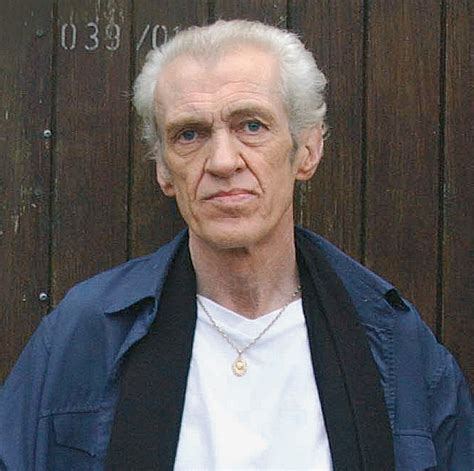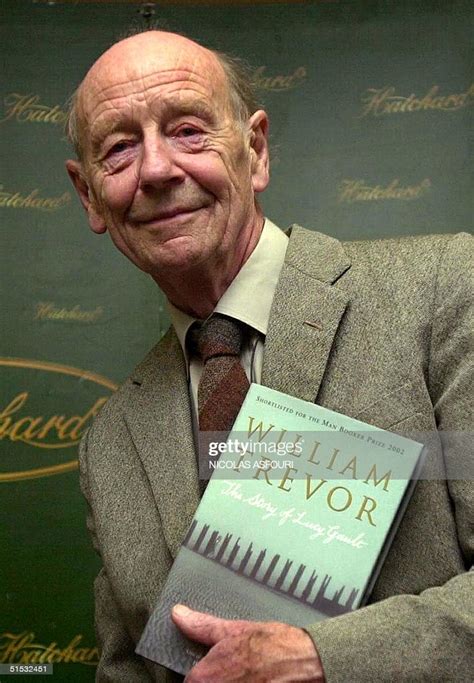A Quote by Reid Hoffman
Related Quotes
I'm a complete libertarian. I think it's very, very dangerous. I really mean that. I think the smoking ban is a tip of an iceberg of society - the leaders of society telling us how to be. I think it's not their business. It's an attitude where the governors think, 'We know what's best for people, and they're so stupid that they would only not do it if we ban it.'
I think that the society and our democracy are mature enough to place emphasis on the quality and the value of the individual politician, rather than their gender. Some people will find it fashionable to have a woman leader, but I think the reason people chose me as the leader of this country is because my policies and my values suit the needs of Taiwan today. We represent people who want to have change in the society.
It hurts to see that everything on television is based on pillaring people. Nobody's sort of given the opportunity to be nice anymore. I think that is somewhat reflective of tragically the society that we live in today where we want to know people off their pedestal or we want to hurt, we want to harm instead of boosting and following by example. It's always about the crud of society, the black sheep of society that producers seem to think the public wants rather than my old theory of the cream rising to the top.
No one has done a study on this, as far as I can tell, but I think Facebook might be the first place where a large number of people have come out. We didn't create that - society was generally ready for that. I think this is just part of the general trend that we talked about, about society being more open, and I think that's good.
The classics of Marxism talked of communism as a society to which a modern society should aspire, a society truly fair, where the relations of monetary exchange were not the priority but one wher the people's needs could be satisfied, and where people would not be worth more according to how much monetary wealth they acquired. Instead their value would be based on their contribution to society as a whole. It would be a society without class that would accept people based on their capabilities and their potential to contribute to that society.
Never did I think that the university was properly ministerial to the society around it. Rather I thought and think that society is ministerial to the university, and I bless a society that tolerates and supports an eternal childhood for some, a childhood whose playfulness can in turn be a blessing to society.
As a writer one doesn’t belong anywhere. Fiction writers, I think, are even more outside the pale, necessarily on the edge of society. Because society and people are our meat, one really doesn’t belong in the midst of society. The great challenge in writing is always to find the universal in the local, the parochial. And to do that, one needs distance.


































